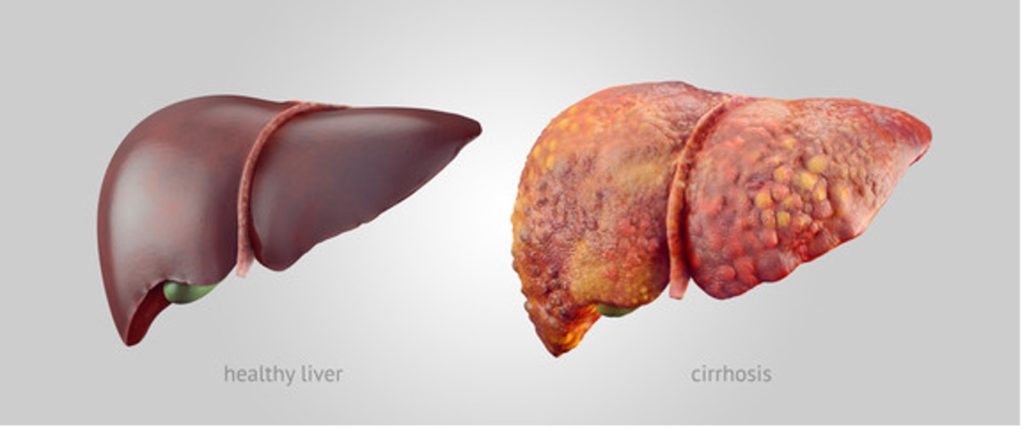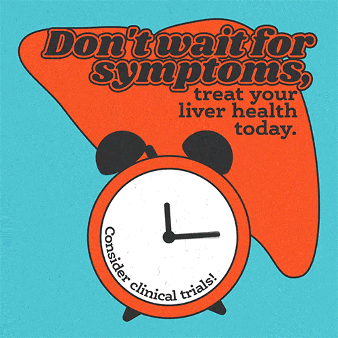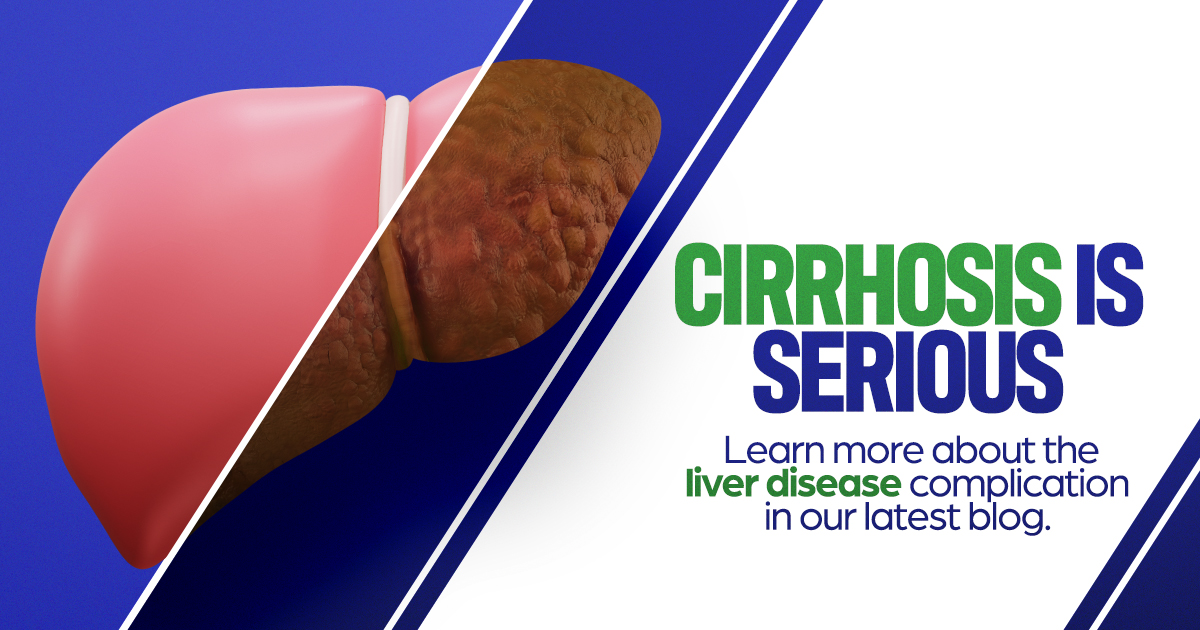Liver disease is one of the most misunderstood health conditions in the U.S. Many people are unaware of what functions the liver performs, let alone that it can be affected by diseases. One such disease is cirrhosis. In this blog, we’ll discuss the consequences of cirrhosis and how long-term liver diseases can place you at higher risk for developing it.
The Rundown on Cirrhosis of the Liver
Liver cirrhosis is a progressive, degenerative disease that affects the liver. It’s characterized by extensive scarring and regeneration of the liver – both of which limit its ability to function. The most common causes of cirrhosis are alcohol abuse and viral hepatitis, with other factors such as obesity and diabetes playing a role in some cases. While anyone can develop liver cirrhosis, those who are at higher risk include people who consume alcohol excessively, individuals with diabetes, and those with auto-immune diseases. Furthermore, if you have one of the many forms of hepatitis – particularly hepatitis B or C – this puts you at an increased risk for cirrhosis. Cirrhosis is sneaky, creeping up on its victims silently. So, it’s essential to recognize any signs or problems early on before it becomes too advanced. Lifestyle changes have also been found to slow down and even reverse some forms of cirrhosis in some cases.

Cirrhosis: Knowing the Warning Signs
Living with the effects of liver cirrhosis can often be painful and uncomfortable. Still, it’s essential to make sure you understand what is causing this condition. Symptoms of liver cirrhosis may include:
- Abdominal pain
- Bleeding from the digestive tract
- Dark urine
- Fatigue and weakness
- Itchy skin
- Jaundice (yellowing of the skin or eyes)
- Nausea and vomiting
- Weight loss
All the above symptoms can be linked to a malfunctioning liver due to alcohol abuse or viral hepatitis that has scarred the organ. Additionally, causes that can contribute to liver cirrhosis include:
- Genetic disorders
- Immune-mediated injuries (affecting liver cells)
- Medication poisoning
Consulting a doctor is the best way to determine if you are suffering from this condition and begin treating it effectively.
Cirrhosis When Left Untreated
Cirrhosis of the liver is a serious medical condition that can lead to many complications. Contrary to what most people believe, cirrhosis can lead to issues even without alcohol abuse involved. To begin, cirrhosis can cause ascites, an accumulation of fluid in the peritoneal cavity caused by congestion of the blood veins leading to the liver. Additionally, leading to portal hypertension, which is increased pressure within the portal vein and its branches. Which occurs due to obstruction from scarring or inflammation. This can progress to liver failure and result in overly enlarged veins around the esophagus and intestines, thus increasing the risk of bleeding. Lastly, liver cirrhosis decreases the organ’s ability to remove toxins from your body, which may result in other ailments such as jaundice and brain fog due to hepatic encephalopathy.
While these complications may seem overwhelming. Taking steps towards healthy living, routine check-ups, and participating in clinical studies can significantly reduce your risk of developing cirrhosis!

At Clinical Pharmacology of Miami, we have upcoming study opportunities available for those looking to be proactive about their liver health! Browse our upcoming trials for a chance to make a difference tomorrow, today. Contact us at (305) 817- 2900 or visit us online today to learn more!
Resources:
https://www.niddk.nih.gov/health-information/liver-disease/cirrhosis/definition-facts
https://www.hopkinsmedicine.org/health/conditions-and-diseases/chronic-liver-disease-cirrhosis




